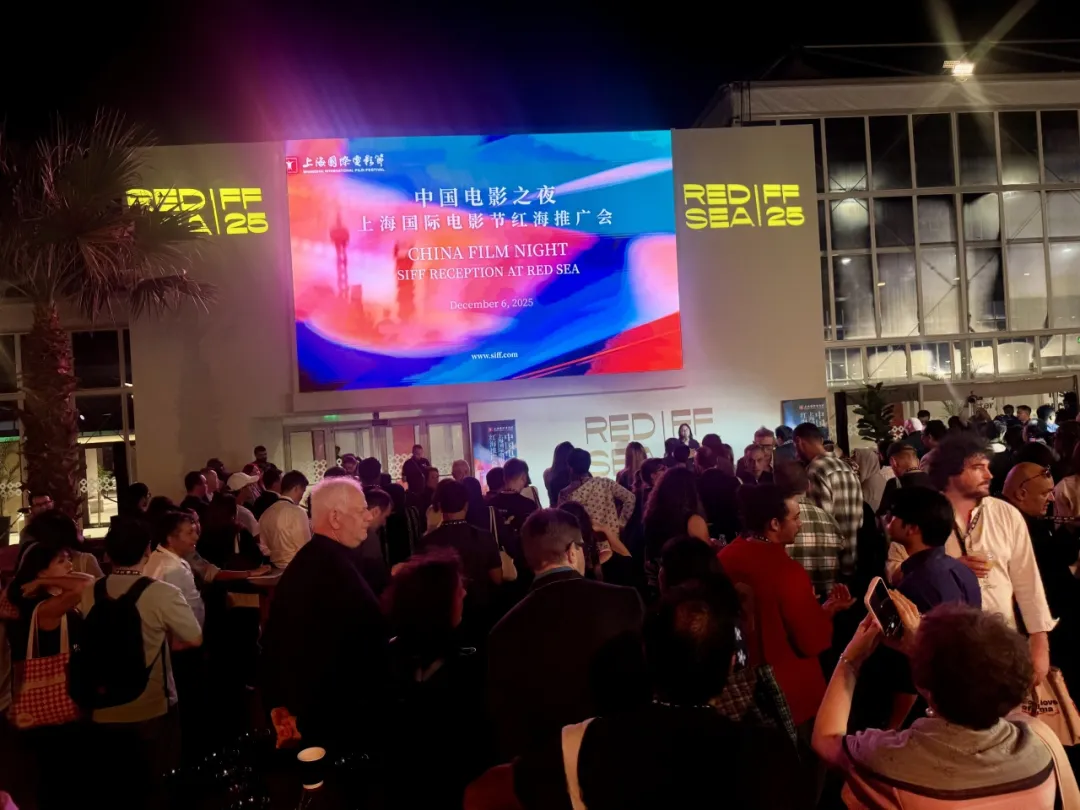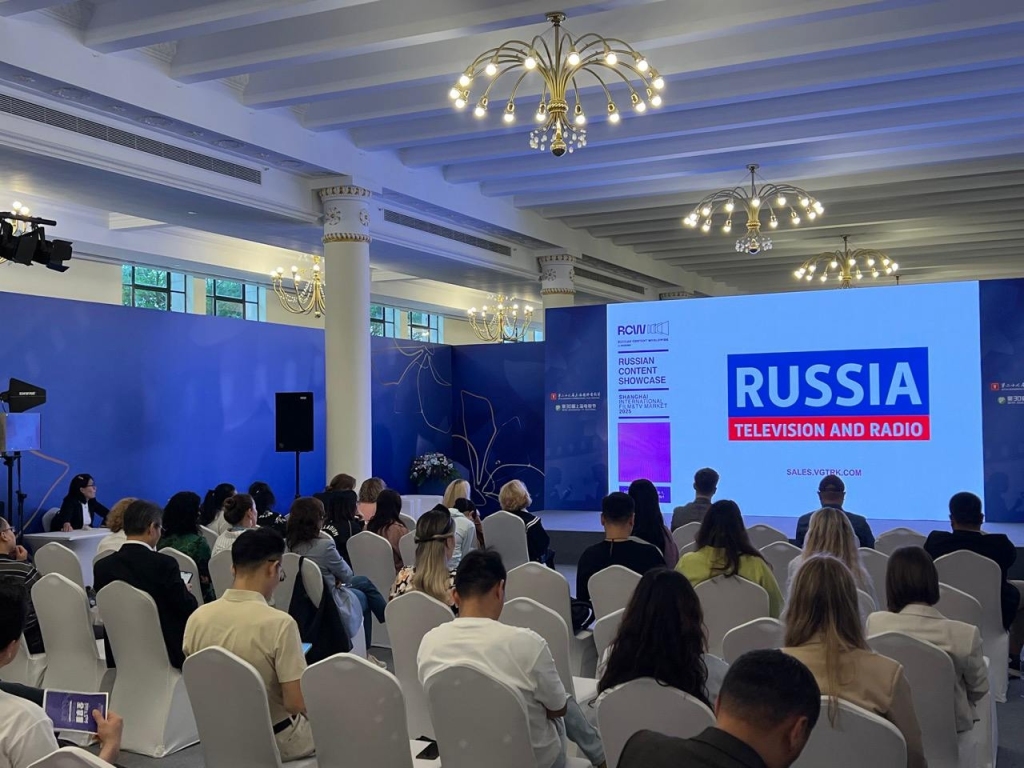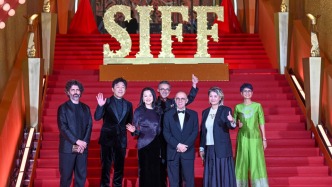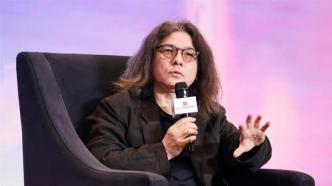
Mentioning the name of Shunji Iwai, not only veteran movie fans know him well, but even ordinary audiences are familiar with his works such as "Love Letter", "Swallowtail Butterfly", and "April Story". He also has a deep connection with the Shanghai International Film Festival, dating back to 2001, when "All About Lily Chou-Chou" was shortlisted for the Golden Goblet Award and eventually won the Special Jury Award and the Best Music Award. After that, Shunji Iwai also served as a judge for the Asian Newcomer Award and brought his works to the screening. This year, he came to the Shanghai International Film Festival for the fourth time, bringing three works, "Flowers and Alice", "Flowers and Alice Murder Case" and the new film "Kyrie's Song", and unlocked a new identity, that is, to open a master class at the Golden Goblet Film Forum.
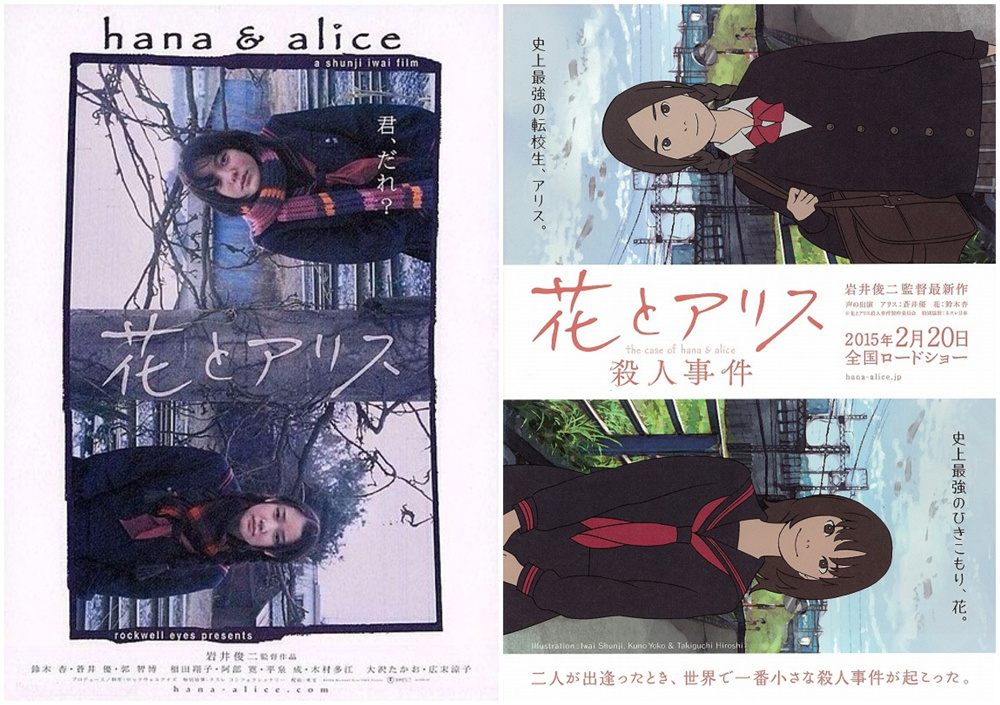
Posters of "Flowers and Alice" and "Flowers and Alice Murder Case"
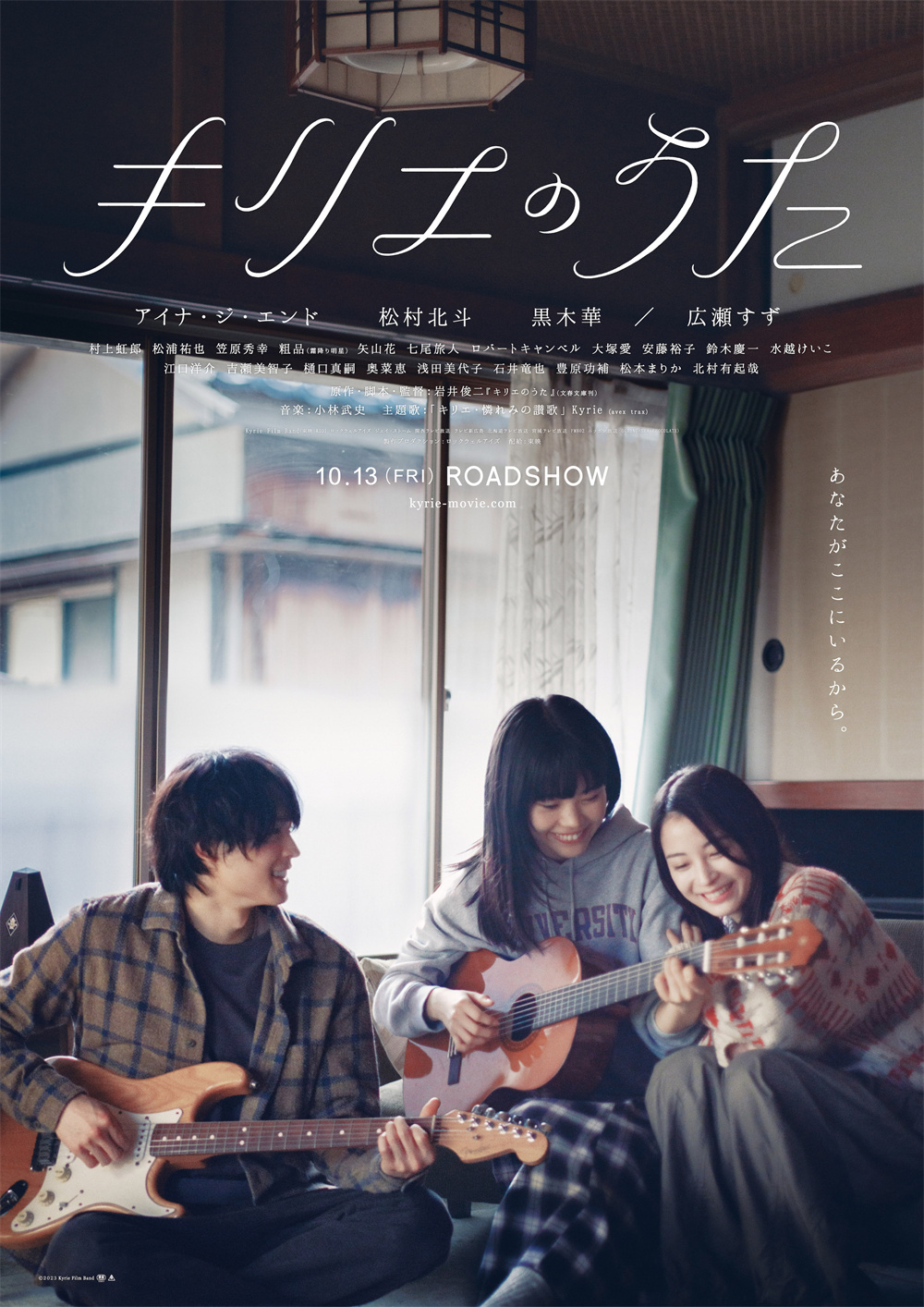
Kyrie's Song poster
Iwai Shunji, who appeared on the afternoon of June 20, still had his signature medium-length curly hair and wore brown glasses. If it weren't for the way he always started his conversation with "そうですね" (note: "I'm talking about that"), which somewhat revealed his age, it would be hard to imagine that he is already over 60 this year.
Although it was called a master class, he never acted like a teacher during the whole event. Rather, he dug out all the thoughts from his creative career from the box of memory and shared them with the audience. He talked about the opportunity for him to join the film industry, why he was keen on the theme of "youth", and the significance of music to his works. I was surprised that filmmakers who maintain a strong desire to create really don't seem to grow old.
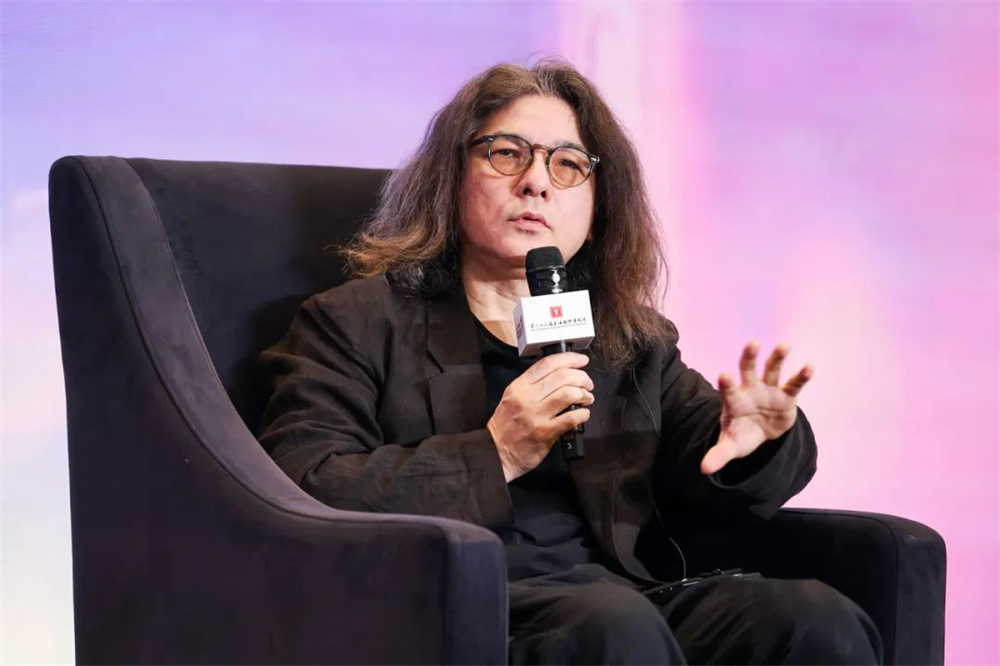
Iwai Shunji
It's okay to repeat a grade in college
"When I was in high school, I could be considered a literary boy. I loved reading novels and even aspired to be a novelist. Before entering university, I watched some so-called independent films and became interested in making movies. Before that, even if I watched a movie, I would not have thought of making one myself, but independent films made me realize that movies are made by independent creators. I began to think about the image of the characters, the position of the camera, the role of the director, and other issues, and I couldn't help but want to learn how to make a movie." Shunji Iwai recalled his initial practice when he became interested in movies. "After entering Yokohama University, I joined the film club. In fact, my major in university was oil painting. After professional classes, I plunged into the club and even moved all the filming equipment that no one else knew how to use to my own residence."
"But the university I attended didn't have any courses specifically for training filmmakers. It was a school set up to train professionals such as teachers and bank clerks. So I was like a heretic in college. So I decided to go at my own pace. At that time, I thought to myself: I can imitate the techniques of those professors when learning oil painting, but I don't have to do that when making movies. Although I couldn't receive systematic training, I could learn how to make movies in the cinema and with videotapes, and I could also learn professional techniques such as recording and lighting by myself. However, what I spent the most time studying was how to write a good story."
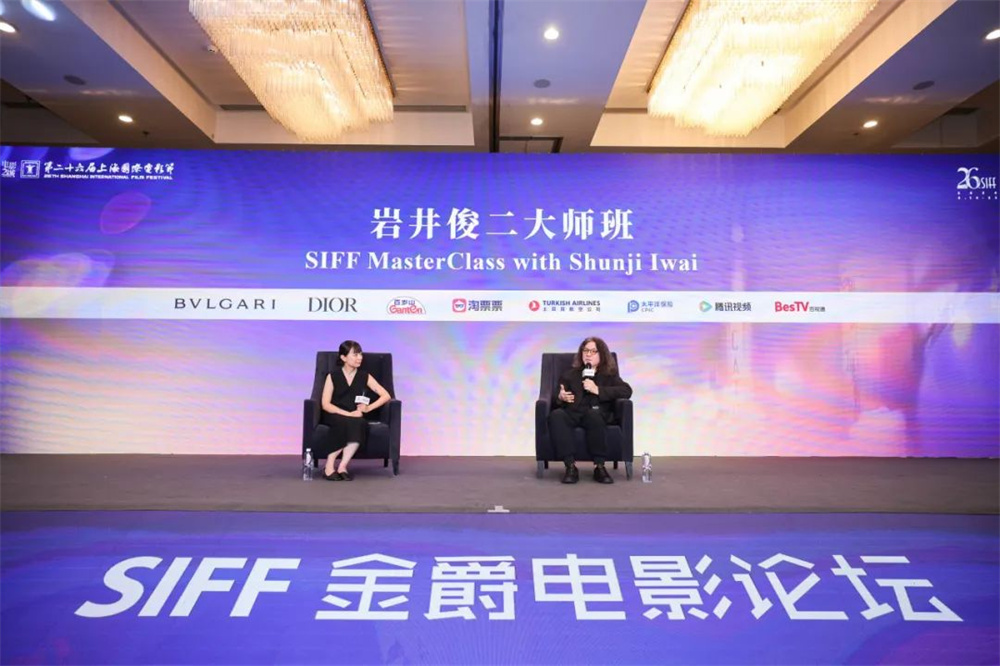
Masterclass live
Shunji Iwai, who neglected his major courses because of his obsession with movies, even failed a grade in college and finally graduated after six years. After graduating from college, he couldn't find an opportunity to make a movie right away, so he had to earn a living by contributing comics to magazines, but he was not frustrated when he took this "detour". "Comics are also visual works. Every day I draw storyboards on white paper and fill in the lines, and slowly I have an urge to make movies." Shunji Iwai said, "And the things I shot in college have actually formed my own style, including my own understanding of narrative techniques. Later "Love Letter" and "Swallowtail Butterfly" are the continuation of this style. I remember a professor said that many scientists, including Einstein, found their own equations in college. Although I am not a scientist, I did form my own ambitions and accumulated research on movies in the six years between the ages of 18 and 24. Now I can achieve this achievement, which can be regarded as a reward for my efforts."
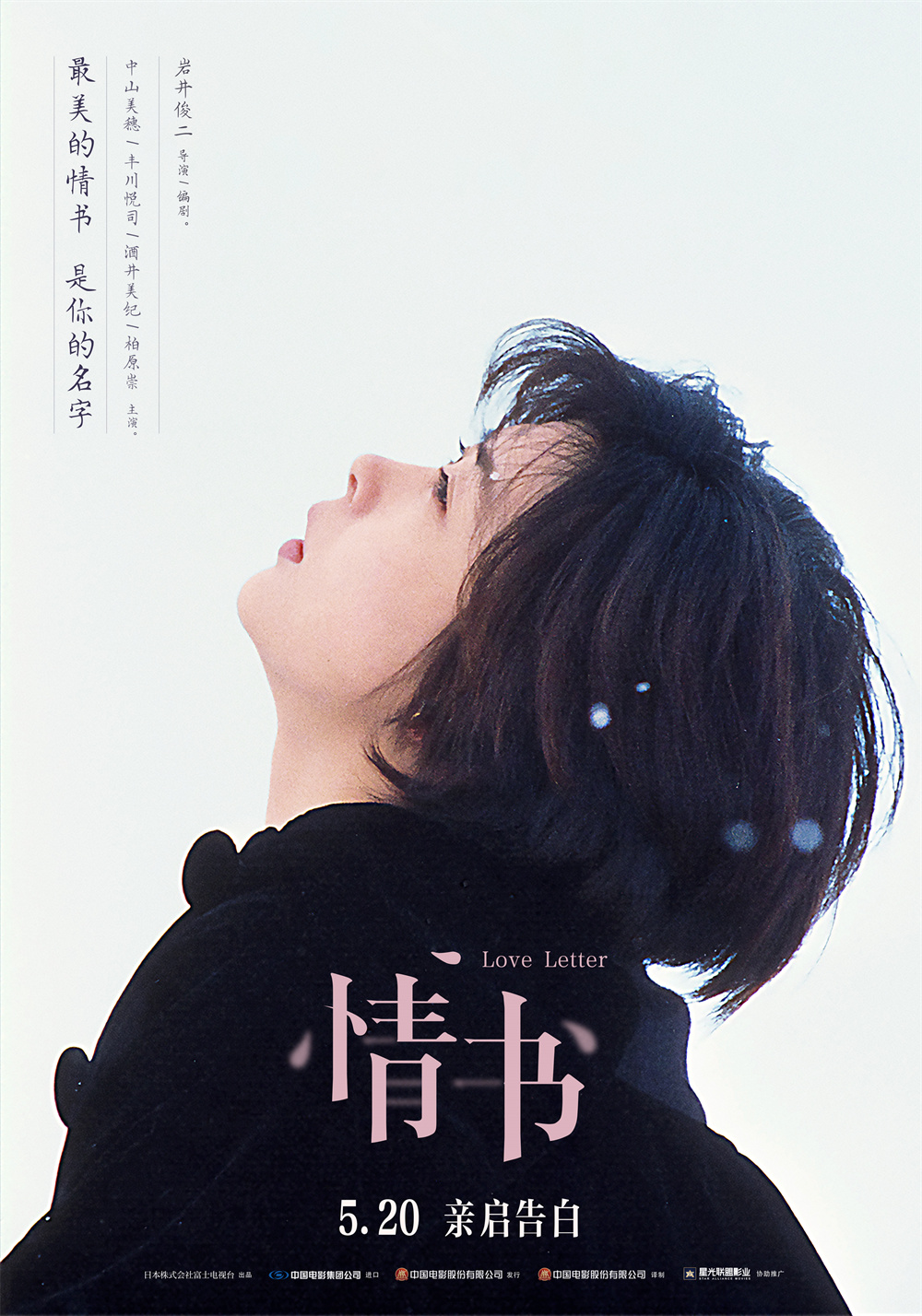
Love Letter poster
Collaborating with musicians creates a chemical reaction
When asked why he has a special liking for the theme of "youth", Shunji Iwai said, "Youth is a stage of life that everyone will go through. There are a hundred different kinds of youth for a hundred people. But to be honest, what I want to shoot is not only youth, but also the thoughts that people keep closed in their hearts. Although the times are constantly changing, as long as we can grasp the essence of youth, people from all eras and all countries should be able to understand it."
Talking about the social issues reflected in his works, Shunji Iwai said, "I suddenly realized that my works that reflect the depth and breadth of social issues most profoundly are three music films: "Swallowtail Butterfly" shows the lives of illegal immigrants in Japanese society; "All About Lily Chou-Chou" involves school bullying; "Kyrie's Song" is about the Great East Japan Earthquake." "In fact, I don't usually deliberately choose what kind of music to listen to. It was only after seeing the lyrics in the karaoke hall that I realized they had such profound meanings."
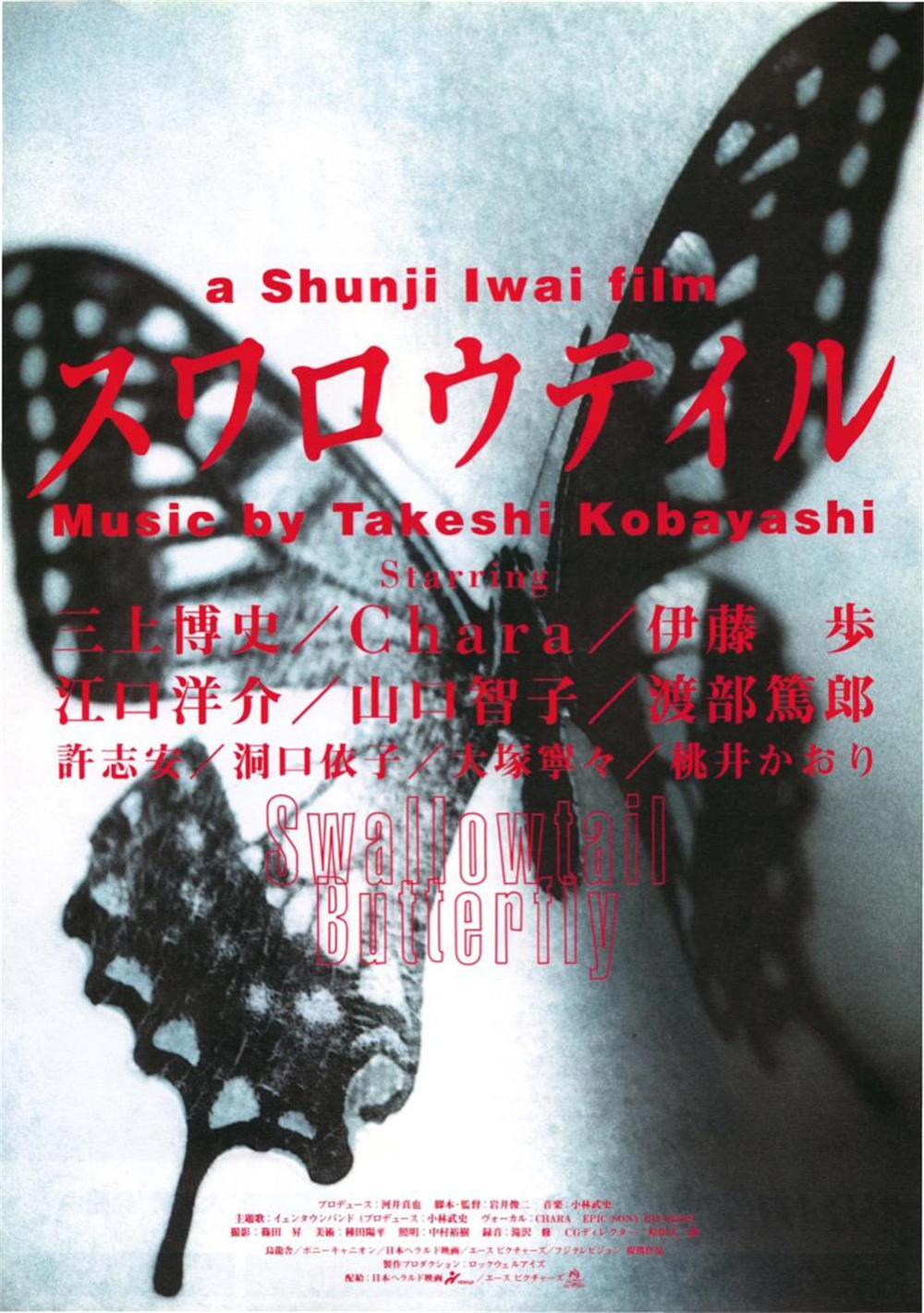
Poster of Swallowtail Butterfly
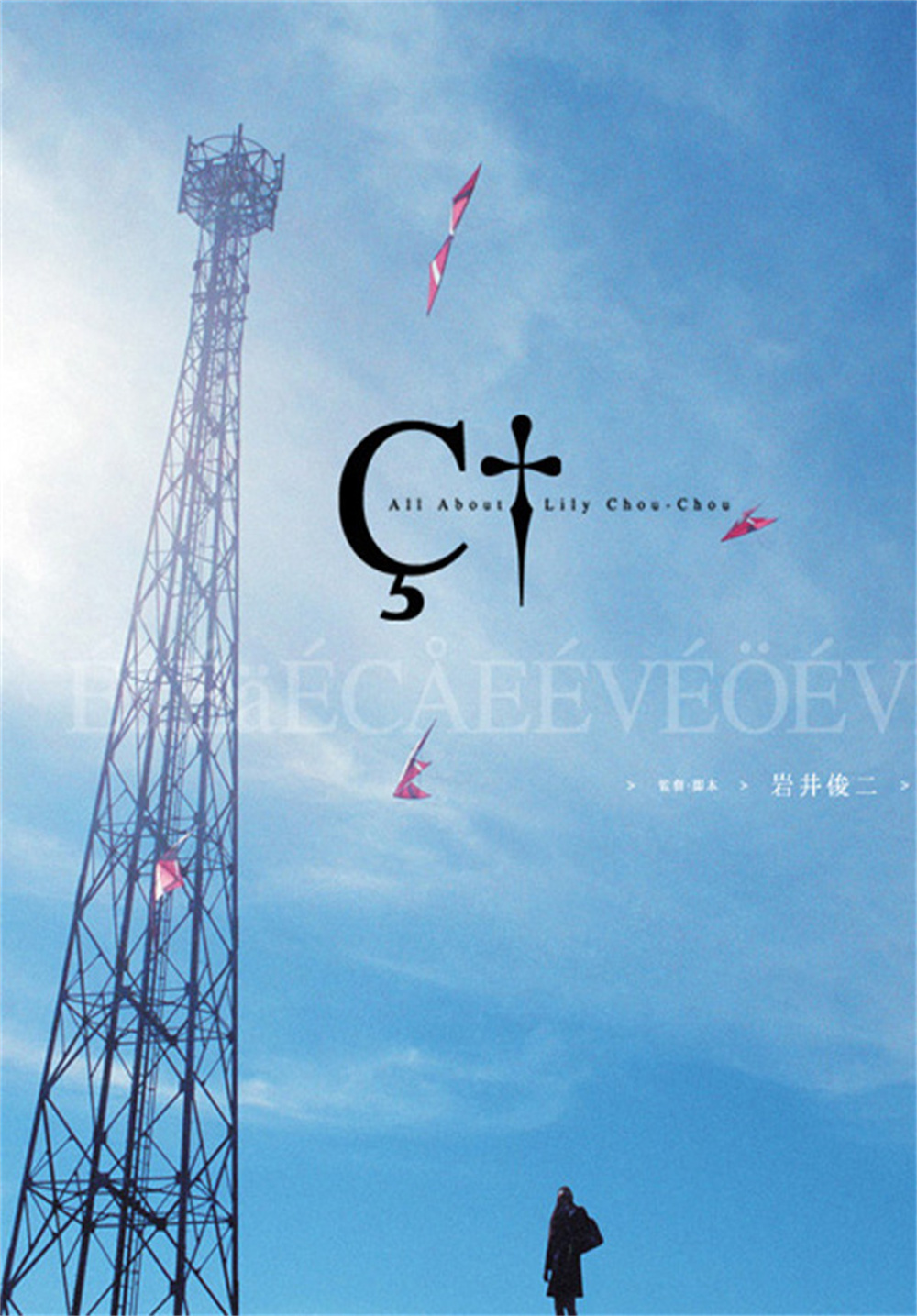
Poster of "Everything About Lily Chou-Chou"
In "Swallowtail Butterfly" and "Kyrie's Song", the leading roles are played by two musicians, Chara and AiNA THE END. When asked why he is keen on working with musicians, Iwai Shunji said, "In my opinion, musicians are very individual and will express themselves freely. Japanese actors often regard themselves as part of a group and think that movies are the result of collective creation, so sometimes they are not very brave to express themselves. But musicians are different, they are more independent. As long as there is a musician in your crew, the overall atmosphere will become different, and even other actors will be mobilized by their autonomy."
In fact, not only are the musicians who collaborated with him, such as Chara, Takeshi Kobayashi, Reimi, AiNA THE END, etc., all talented, but Shunji Iwai himself also has deep musical attainments, including the soundtracks of "April Story", "Vampire", "Flowers and Alice", etc., all of which have his own music. As for what kind of soundtrack is a good work, he defines it as "as long as our ears hear this piece of music, the scene of the movie will appear in front of our eyes."
Unlike many traditional Japanese directors, Shunji Iwai always likes to try new things. This is reflected in the fact that he will put the same story in different cultural backgrounds, such as "Hello, Zhihua" and "The Last Letter"; it also reflects that he is willing to explore different types of images, such as the switching between movies and TV series in the same work; and it is also reflected in his follow-up of new image carriers, such as making movies specifically broadcast on online platforms. Talking about this innovation, he said that as a creator, "Of course I hope everyone can watch the complete work, but if you can't see it for various reasons, then even if you can only watch a small clip or just notice a poster on the street, I will be very happy." He also revealed, "Now I will also think about how to shoot short videos like those on Tik Tok if I were to shoot them."
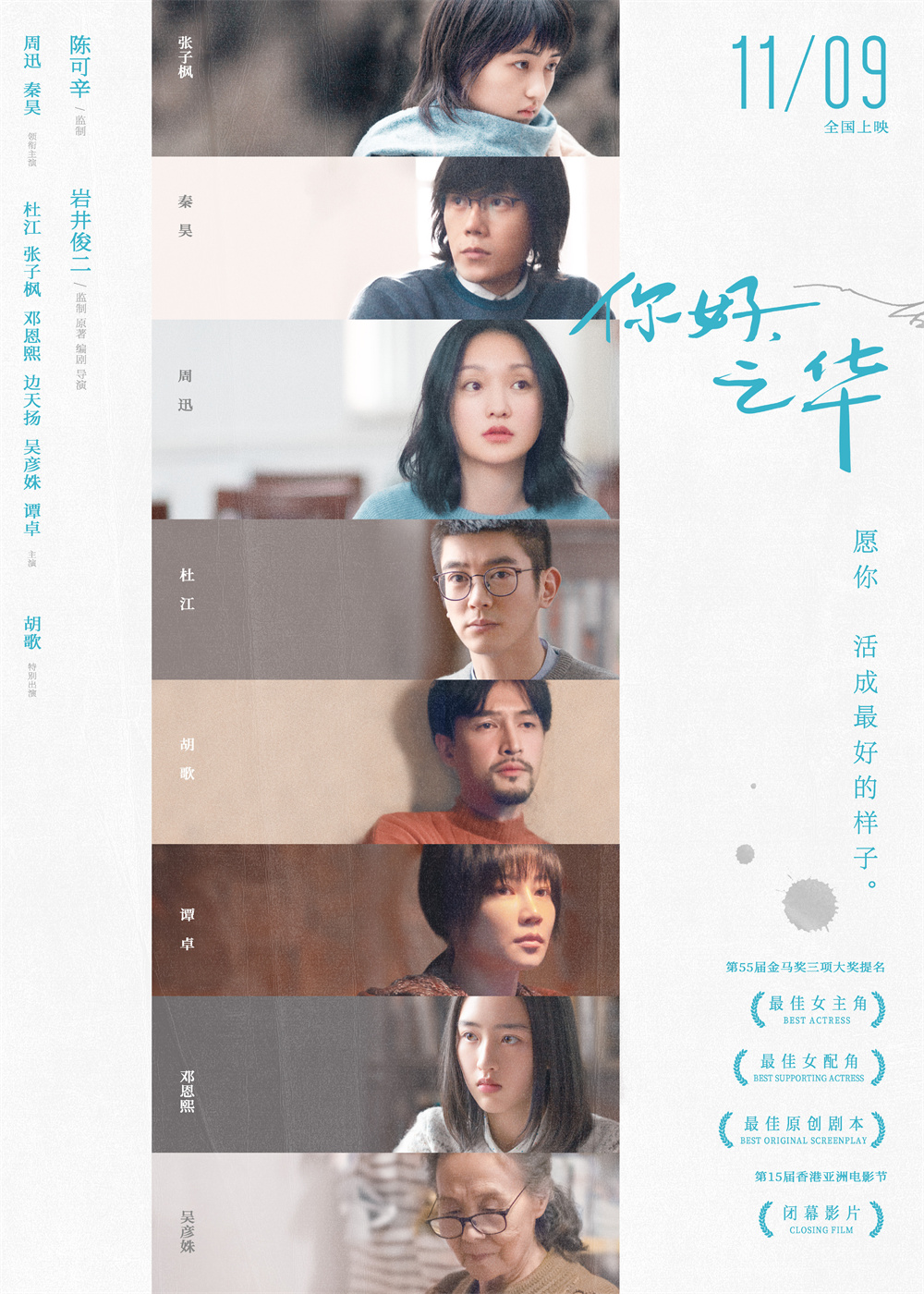
Poster of "Hello, Zhihua"
At the end of the master class, actress Li Meng made a surprise appearance and asked Iwai Shunji how he, as a director, controlled the actors. Iwai Shunji admitted that he actually did not communicate too much with the actors, but chose to trust the actors' own accumulation and experience, allowing them to understand the roles on their own and freely display their acting skills.
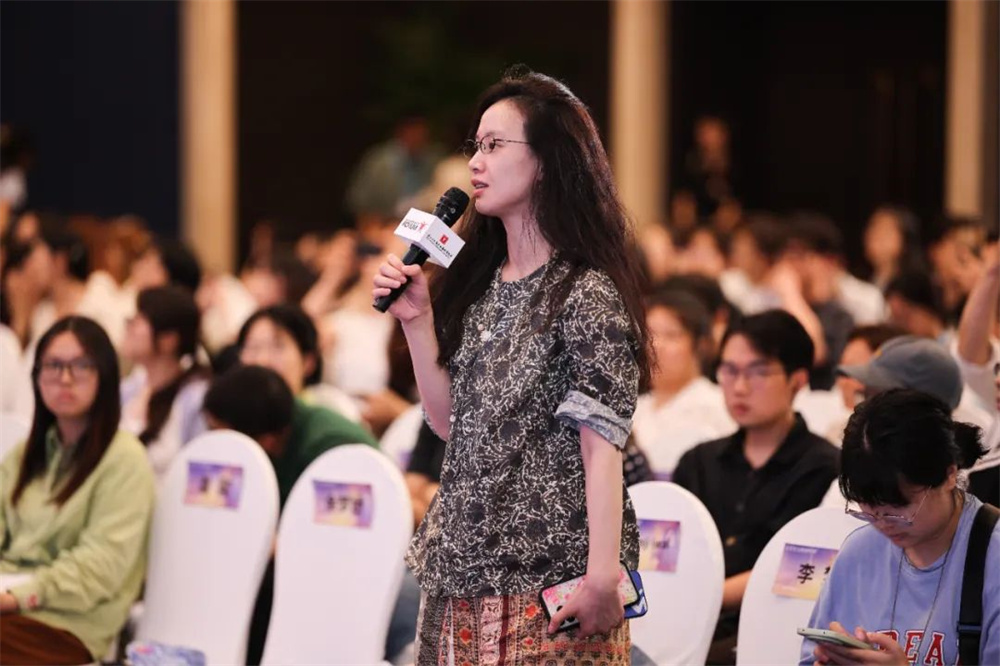
Li Meng
After the master class, a long queue of people formed outside the venue, with many young faces holding postcards, records, and notebooks, waiting for Iwai Shunji's signature. This scene is rare not only in this year's master class, but also in previous years, which proves that Iwai Shunji's works contain a timeless and cross-generational charm.
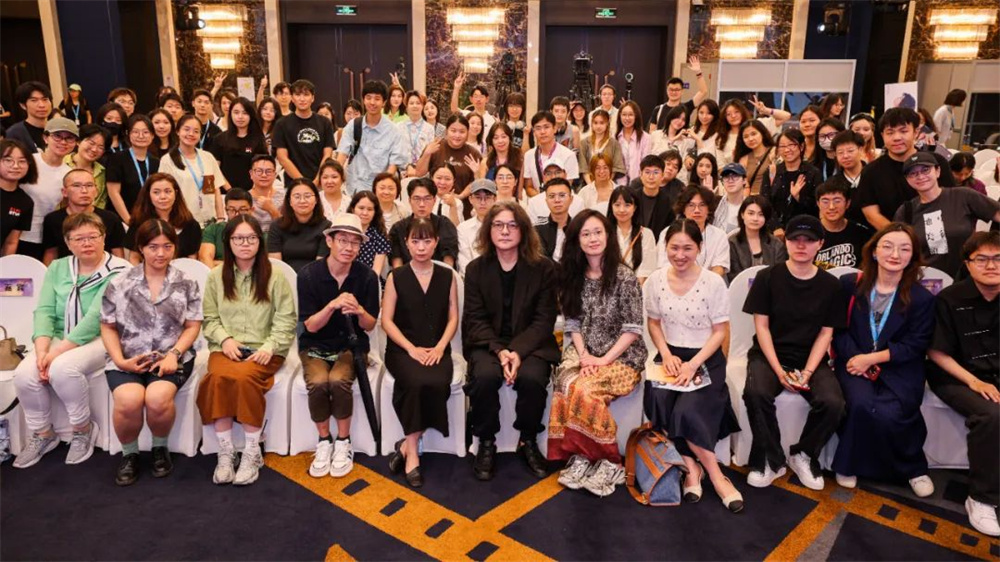
Iwai Shunji takes a photo with the audience
